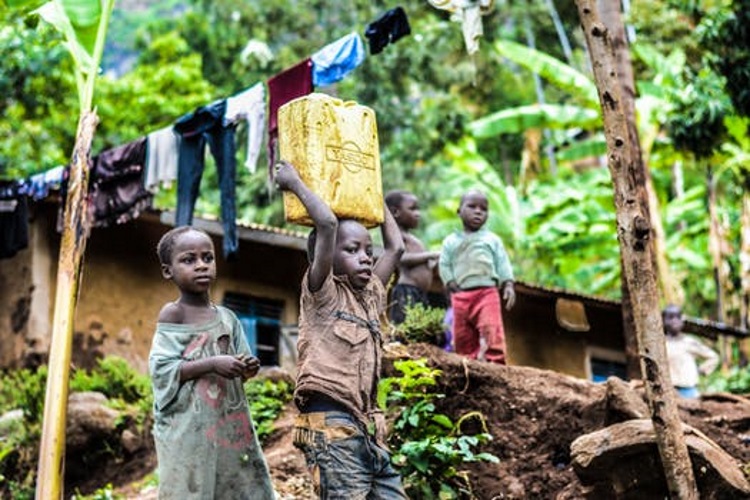
The land flows with ‘milk and honey’ but the irony is that the people rarely get to taste of its sweetness – well, it is important to state that this is not about having a share of the ‘national cake’. Owing to this, lamentations have not been far from the mouth of the masses as they hear and watch the wealth of the nation corralled by a selected few. The situation has however not been made better by the economic policies that are in place neither has the wastefulness of resources evident in the land done us any good. And it is yet worrying to hear some persons solely attribute the complaints about the way things are to the fact that the avenues for corrupt practices have been limited. They may be in some sense but that definitely does not paint the whole picture.
While some of us might have not fully come to terms with the reality before us, the watching world has got the facts to nail a certain descriptive on Nigeria – this descriptive clearly gives an insight to the true state of the nation’s economy. Recently, British Prime Minister, Theresa May was quoted as saying that Nigeria is home to the poorest people in the world. That statement appeared to cause a stir but there should not be any surprise considering the statistics made available by the Brookings institute earlier in the year. According to that report, about 87 million Nigerians are said to be extremely poor; a figure that saw Nigeria overtook India as the No. 1 on the world’s extreme poverty ranking. The report did draw the ire of some government officials who termed it as ‘damning’, and one wonders how this crop of officials will take Theresa May’s comment. However, while there may be argument over Nigeria’s position on the world’s poverty ranking, there is no denying that the citizens’ standard of living has been experiencing a plunge in these past years.
Well, it would be helpful to know what the term ‘extreme poverty’ really means. According to the United Nations, extreme poverty simply means ‘’a condition characterized by severe deprivation of basic human needs, including food, safe drinking water, sanitation facilities, health, shelter, education and information. It depends not only on income but also on access to services.’’ So, now how many of the sectors included in this definition are working effectively in this nation. Even where accessible, only a few persons can afford quality services as the cost could be sometimes prohibitive.
The definition above does not however touch upon unemployment rate – which has been scarily on the rise in Nigeria – and that about 50% of the Nigerian population are presently living below the poverty line of US$1.90 per day. And with little being actualized by way of development and a considerable number of Nigerians entering into the poverty line with every passing minute – 6 to 7 Nigerians into poverty line every minute – it remains to be seen if the tide will turn around anytime soon.
Although population growth is a factor that cannot be ruled out but with India, which about 7 times more than Nigeria, being able to work its way out of the extreme poverty top spot, it is important that all hands be on deck to seek a recourse out of this impoverished state.